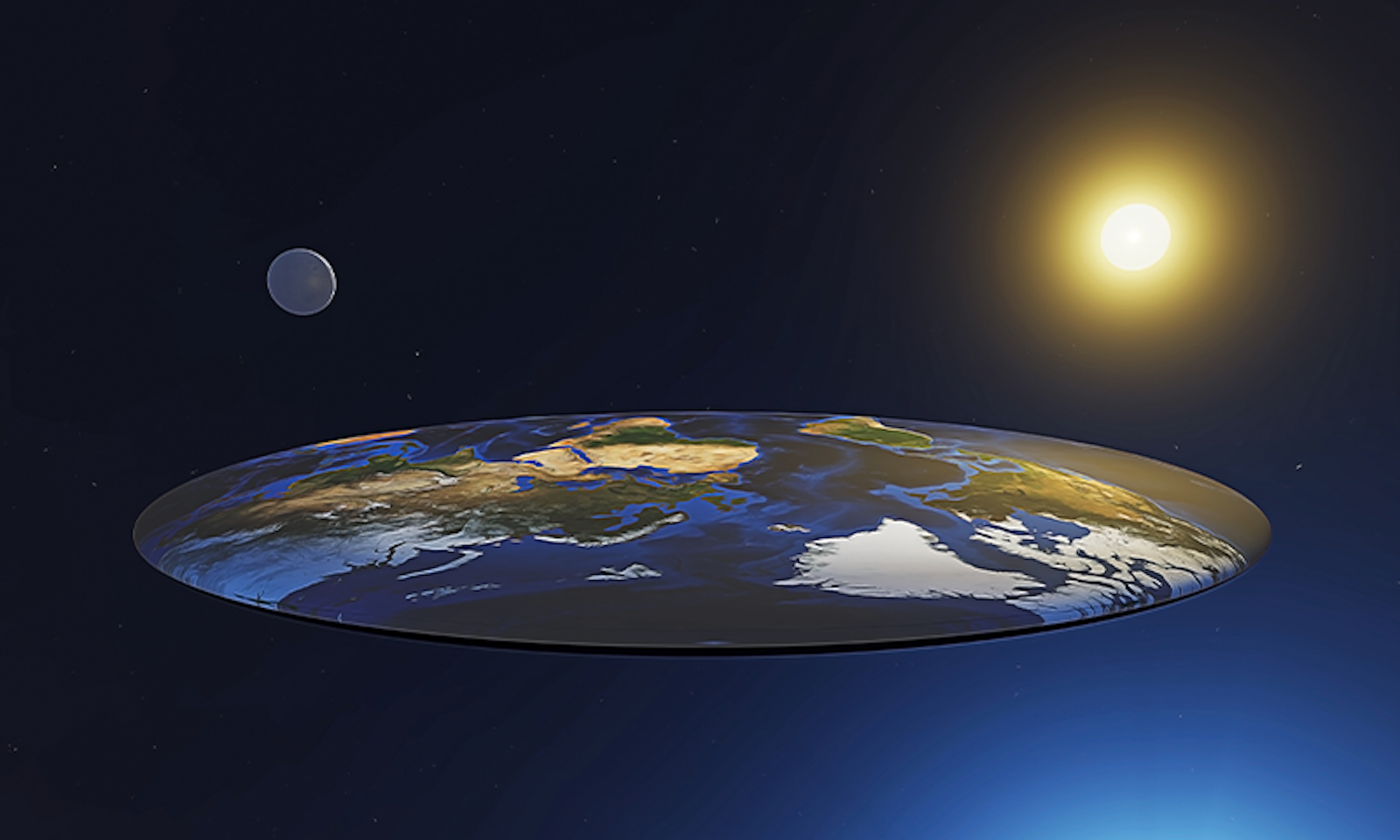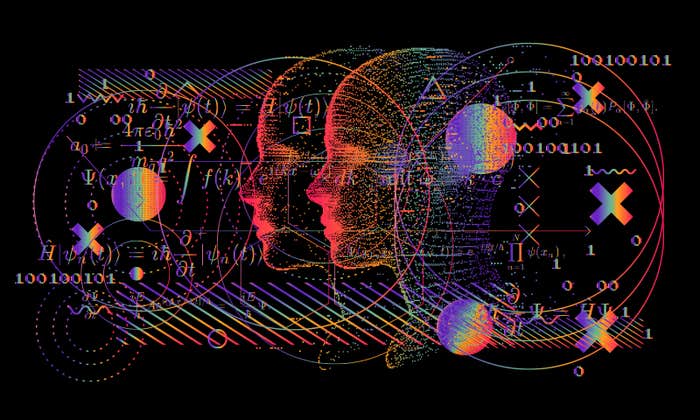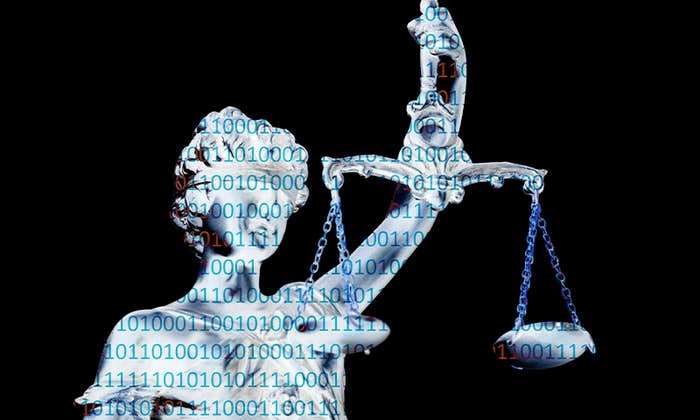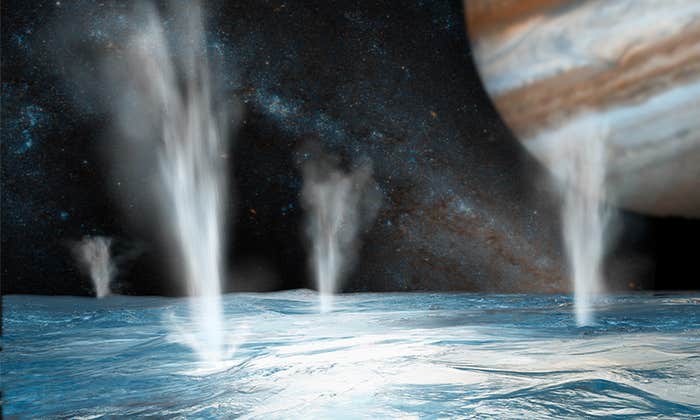One question for José Arroyo-Barrigüete, an economist at Comillas Pontifical University in Spain, where he is a professor of quantitative methods.

Why do people believe the Earth is flat?
Our guess is there are certain kinds of people who have a need to feel special.
These Flat Earthers have a high degree of overconfidence in their knowledge of science, which is pretty curious, because in our new study, we found they have the lowest actual knowledge of science in our sample. It is a very bizarre circumstance where the less you know about a certain subject, the more overconfident you are in your abilities in that subject. This is called the Dunning-Kruger effect.
Other things that have been previously thought to produce this effect do not necessarily explain the phenomena of people believing the Earth is flat. For example, once you take into account the Dunning-Kruger effect, the explanatory effect of religiosity kind of goes away: It’s not necessarily religious people that believe in a flat Earth. Same for political inclination.
We found that 17 percent said they were not sure the Earth was round.
We were concerned that these kinds of beliefs are much more widespread than people thought, so we decided to test that here. The sample we took is not representative of Spain. It is a convenient sample, but it’s a very particular kind. We got a little more than 1,200 answers to the survey, and half of that was conducted amongst students in our university, which has three big faculties—engineering, business, and social sciences. Many of the CEOs in Spain are alumni of our school, and the employability record of our students is really high. And the percentage of people who answered the survey that are in the top bracket in terms of salary is pretty high. The other half consisted of people with disproportionately high income with a college education. So we’re kind of stacking the dice against us. You would expect that this is not something you would find amongst a sample of highly educated rich people! Well, we did.
We found that 17 percent said they were not sure the Earth was round. This is very worrying to us. In theory, you give people education and things like this can disappear. People who have very high means have easy access to education. They should not fall for this. They are also not disenfranchised. You may think, well, there’s a lot of conspiracy theories going around for people who feel disenfranchised. This is not the case for this sample. There’s still a percentage who do not know as much about science as they think they do. They still feel they are above the rest.
This might have to do with a mistrust of the social part of scientific reasoning. So there is a chunk of Flat-Earth believers who brand themselves as the only true skeptics alive. (“No, I will not believe anything that I cannot test myself.”) There are many things that are very difficult to test. It sometimes takes a certain amount of skill, or knowledge of mathematics, to be able to conclusively prove some things. Even people who dedicated their lives entirely to science have only so much time. Most of what we take as empirically falsifiable scientific truth we cannot falsify ourselves.
It’s like climate change. You have to trust somebody else has done this properly. This has gotten so complicated that individual humans probably cannot have scientific understanding. It is societies as a whole that can follow the rules of scientific understanding. Because not only do you need to be able to empirically falsify things, you need to trust the system that empirically falsifies things. And if you don’t, then science breaks down not because of the scientific method, but because of society. If your trust in the scientific system goes away, then you can start to take certain scientific facts as facts and others, not, based on more or less whatever you feel like.
The number one comment we’ve had with this paper has been, “The people were pulling your leg.” People told us, “It’s not possible that there are engineers who believe the Earth is flat.” Some people could have been. But if they were all just pulling our leg, then their profiles should be kind of random. The fact that it’s very strongly geared toward those who show the Dunning-Krueger effect makes us believe that probably this is not just made up.
One of us actually knows somebody who is an engineer and is a Flat Earther who will talk to you for hours on end. There’s a subset of Flat-Earth believers who actually are pretty good with their mathematics and even their physics. And they by definition do not exhibit the Dunning-Krueger effect. These are probably the people who write the books that give arguments to Flat-Earth believers. You probably know mathematicians or physicists who like trying to prove absurd things just for the heck of it: “Am I good enough that I can show you conclusively that I can prove this or that, no matter what it is?” ![]()
Lead image: 3d_vicka / Shutterstock
































